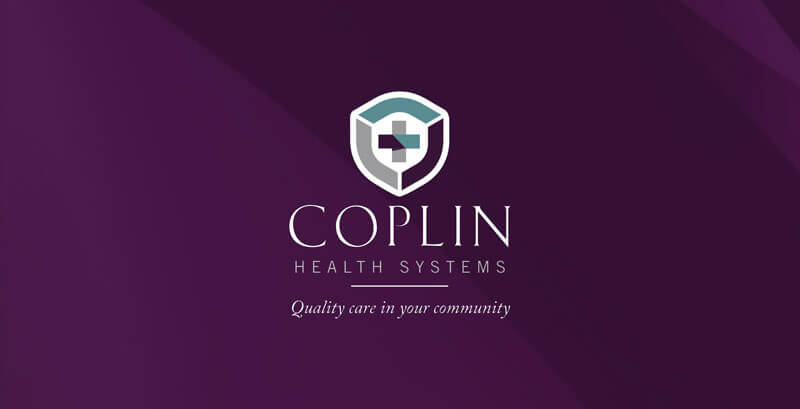Understanding the Facts of the COVID-19 Vaccines
With millions of doses of the COVID-19 vaccines distributed and administered, the end to the pandemic could be within reach. However, due to the spread of false information, many individuals have questions regarding the vaccines and their effectiveness.
This blog post will help answer questions regarding the COVID-19 vaccines, their effectiveness and why they provide us the best opportunity to return to normalcy.
What Are Vaccines?
Vaccines are a global health development that has seen tremendous success, saving more than an estimated 2.5 million lives a year worldwide. In the past 60 years, vaccines have helped eliminate smallpox and are on the verge of eliminating polio. Currently, vaccines have been developed to prevent more than 20 life-threatening diseases, helping people live longer, healthier lives.
Vaccines are successful in large part due to the herd immunity they help create. Herd immunity is when a significant portion of the people within a community have been vaccinated against a disease, providing better protection to people who are unable to be vaccinated (due to certain medical conditions or due to age, like young children) and to people who are more vulnerable to disease due to a weakened immune system. By becoming vaccinated, you are not only protecting yourself, but you are also helping to protect family, friends, and neighbors in your community. Not getting vaccinated when you are eligible can leave you and others vulnerable to getting or spreading a disease.
COVID-19 Vaccines
There are currently three different types of COVID-19 vaccines available to the public: Pfizer-BioNTech, Moderna, and Johnson & Johnson Janssen.
1. Pfizer-BioNTech
The Pfizer-BioNTech vaccine is available for individuals 5 years and older and is administered in two primary doses that are given three weeks apart. An individual is considered vaccinated two weeks after receiving the second dose.
It is recommended that individuals 18 years and older who received the Pfizer-BioNTech vaccine primary series receive a booster dose of either the Pfizer-BioNTech vaccine or the Moderna vaccine five months after receiving the second dose. Teens 12–17-years-old should receive a Pfizer-BioNTech booster vaccine five months after their second dose of the primary series. Research is ongoing for booster vaccines for those younger than 12.
2. Moderna
The Moderna vaccine is available for individuals 18 years and older and is administered in a primary series of two doses given four weeks apart. An individual is considered vaccinated two weeks after receiving their second dose.
Everyone who receives the Moderna vaccine series should get a booster dose of the Pfizer-BioNTech or Moderna vaccines five months after their second dose of their primary series.
3. Johnson & Johnson Janssen
The Johnson & Johnson Janssen vaccine is a one dose vaccine that can be administered to individuals 18 years and older. An individual is considered vaccinated two weeks after their dose.
It is recommended that a booster dose of either the Pfizer-BioNTech or Moderna vaccines be given at least two months after the dose of the Johnson & Johnson Janssen vaccine. In some instances, a booster of the Johnson & Johnson Janssen vaccine can be administered.
The COVID-19 vaccines have been proven to be safe and are effective at helping protect against severe illness and death from the virus that causes COVID-19, including known variants currently circulating. As with other routine vaccines, side effects may occur after vaccinations. These are normal, typically mild, and should go away within a few days.
Furthermore, contrary to certain myths and false information being circulated, the COVID-19 vaccines do not contain microchips, they will not make you magnetic, they will not alter your DNA, and there is no evidence showing COVID-19 vaccines will cause infertility. Refer to trusted sources, like the CDC, to learn more about myths and facts surrounding the COVID-19 vaccines.
The COVID-19 vaccines remain the best way to protect yourself and others from COVID-19. Together, by becoming vaccinated and following proven precautions, like wearing masks and social distancing, we can help make it possible for our communities to return to normalcy.

February 1, 2018
Coplin Welcomes Pediatric Physician
Dr. Cathy A. Dailey has joined our primary care staff as a pediatric physician. She is now seeing patients 18 and under at Parkersburg Family Care.

March 1, 2018
New Family Care Facility Opens in Parkersburg
Coplin Health Systems has opened a second family care clinic at 3705 Emerson Square in Parkersburg. For information, call 304.917.3530.

August 29, 2018
Coplin Health Systems Announces Departure of CEO, Derek Snyder, and Selection of Interim CEO
Coplin Health Systems and its Board are announcing that, effective September 7th, Derek Snyder, its CEO is departing the organization.



